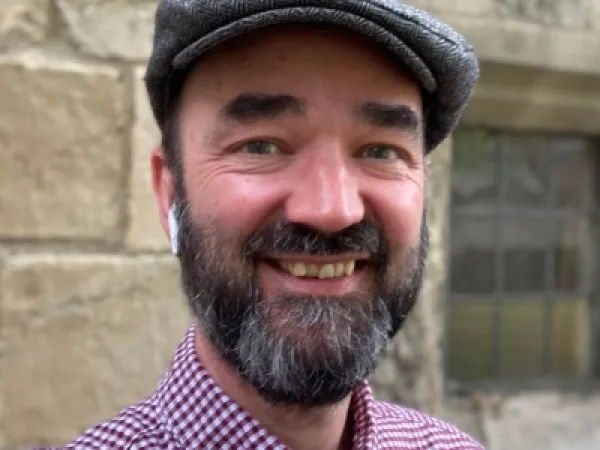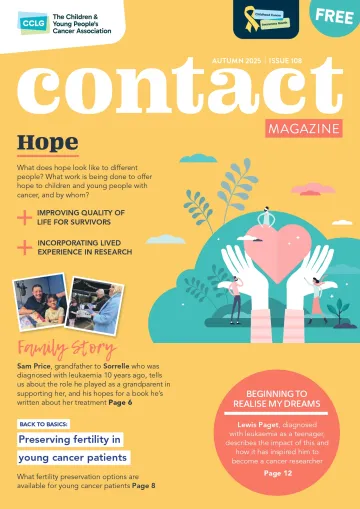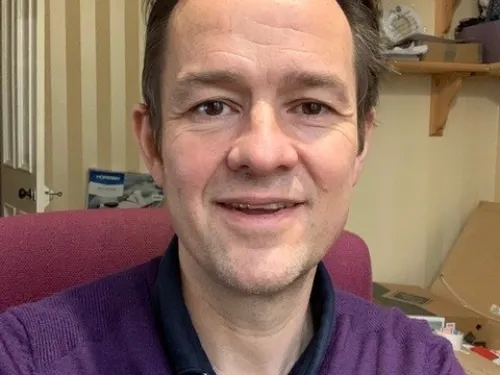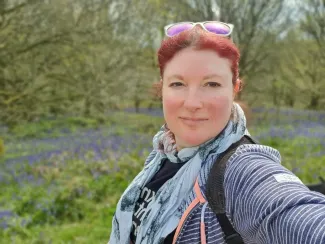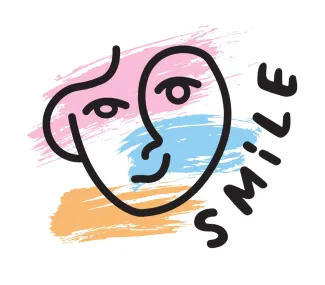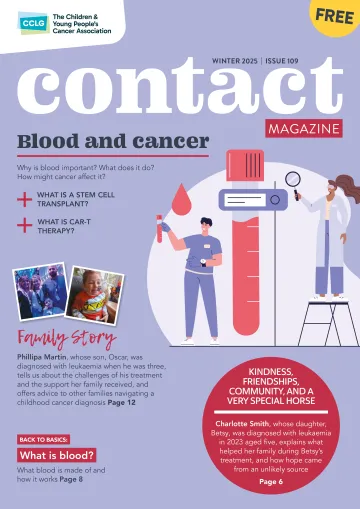Q: Tell us a bit about your career so far?
A: I studied medicine at Clare College, Cambridge, then Somerville College, Oxford, before doing my 'house jobs' around Oxfordshire. After then getting on a paediatric rotation, I ended up in oncology as my first job in paediatrics. I immediately felt at home with the mixture of doing, using and developing research along with developing such meaningful relationships with the patients and families. I then moved back up north to do my registrar jobs, and through this time had a keen interest in getting evidence used in practice. At the end of my training, I took a consultant role part time and did my PhD, and now I’m a professor.
For the past 18 months I've been the Director of the Candlelighters Supportive Care Research Centre in York, which has allowed us to develop, bring together and advance many new projects in supportive care. Supportive care is, essentially, all the stuff that isn't frontline treatment. We've fostered new collaborations with some very different research teams to look at properly addressing many of the side effects, and unpleasant elements, of the therapies we need to give. At the moment, we’re looking at trying to keep improving treatment for febrile neutropenia, which is a serious complication in cancer patients where they have a fever when there are very few infection-fighting white blood cells called neutrophils. We are also getting people in the UK to be able to use a light treatment called photobiomodulation to treat mucositis, an oral side effect of chemotherapy, and we’re creating more high-quality supportive care guidelines.
Q: How does your research offer hope for children and young people with cancer?
A: We know that by conducting research we can advance care. Hopefully, our research means we can prevent or manage side effects, including potentially fatal side effects, saving lives and making the experience of treatment more tolerable. That in itself might mean the longer-term effects are reduced, too.
Q: What does your job mean to you?
A: My job can involve reviewing which treatments should be used, teaching research methods, input on clinical studies, chatting with families about their therapy or scans, or making sure our medical school can train academics effectively. The job that I have gives me a chance to do things in the world that matter; to bring my talents to make the world (a tiny) bit better.
Q: What's the most rewarding thing about your job?
A: Seeing people live their lives fully and tremendously – patients, families and staff.
Q: What developments excite you in children and young people's cancer treatment and care?
A: Loads of things! Different treatments, more accessible data, more trials with better ways of managing adverse effects, clearer ways of making decisions in treatment and beyond, more involvement of patients and families in making research happen, and the possibility of fewer children being stuck in hospital and suffering the effects of cancer and the therapies used to treat them.
Q: Do you have a message to children and young people with cancer and their families?
A: Tell us what research is needed and take every opportunity to feedback on your good and bad experiences. We know that cancer, its treatments and effects are horrible, and we want to improve outcomes for all.
From Contact magazine issue 108 | Autumn 2025

